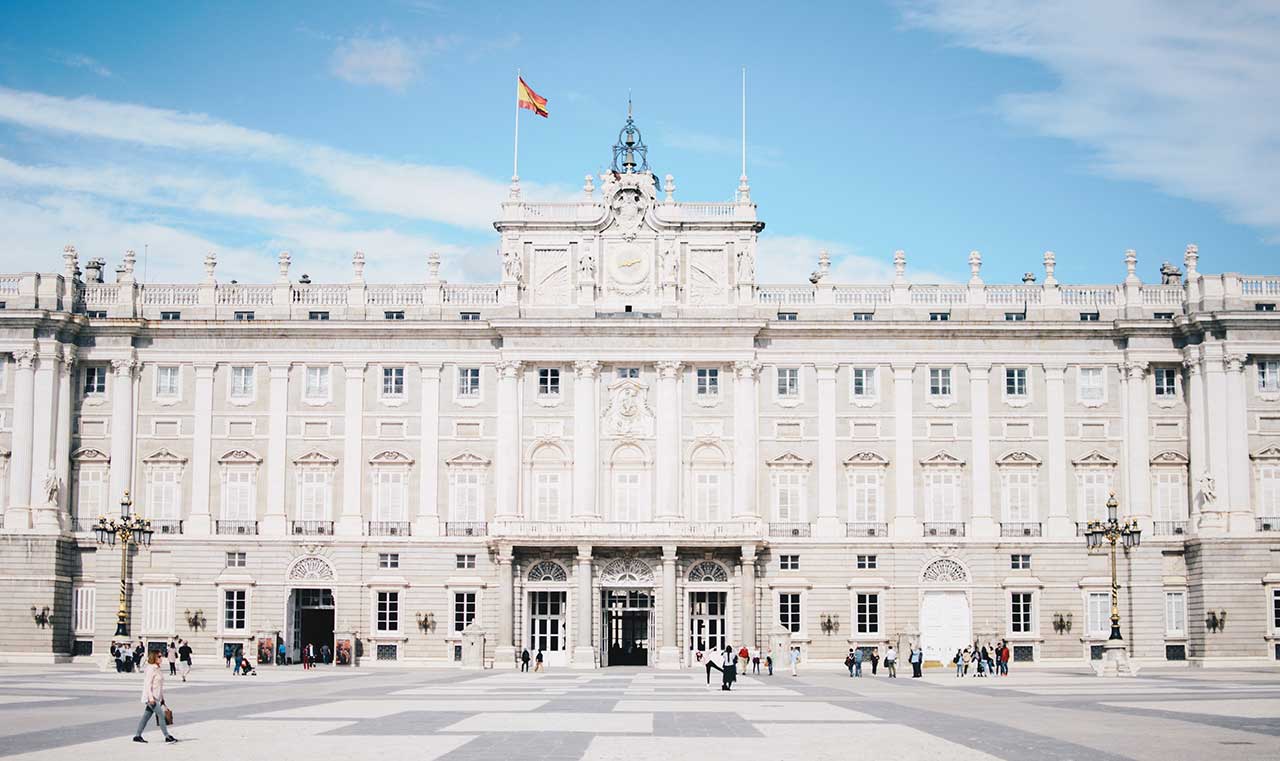Historical vignettes

This post would like to stand up for this underestimated King. In July 1808, José Bonaparte came to the throne of Spain. He made history as José I. Napoleon's elder brother reigned for five years. In order to gain people's confidence he had to struggle hard. But why? Why was he rejected? Was he really an alcoholic? ...
Nineteenth century started in a very positive way for the Bonapartes: Napoleon proclaimed himself an emperor in October 1804. He had Europe at his feet. But this task would be tough for doing it alone, so he decided to divide up the fruits of victory with his brothers, ensuring continuity and fidelity to the crown. In 1807 Napoleon pressured King Carlos IV to sign his death sentence (politically speaking) in the TREATY OF FONTAINEBLEU. This document was a trap and had hidden intentions. The treaty would allow the French troops to cross into Portugal, invading Spain first. The aim was to eliminate the Borbon dinasty. One year after, the French army (led by General Murat) entered Spanish territory. After ARANJUEZ RIOT ( in which the spaniards took up arms in order to avoid the Royal family exile) Carlos IV himself delivered the crown to Napoleon. It was, as could not be otherwise, a trick. On the of the 2nd May 1808 the military occupation of Madrid took place. It was one of the longest and bloodiest days in history. All the instigators of the insurrection, as well as many citizens, were shot the morning after. Two months later Jose Bonaparte was crowned to be the King of Spain.
In spite of being brothers, Napoleon and Jose were significantly different. Nowadays many experts are on Jose's side: they appreciate his personal appearance (slender, elegant, handsome) that runs counter to the rumors that he was one-eyed and hunchbacked. These experts also insist on the idea that he loved art, especially painting and theatre. Who knows if the inconsistency between the official version and the popular version was due to the love for gossip and lies...

Just a couple of examples could illustrate how open-minded and reformist Jose Bonaparte was. First of all he signed the BAYONA STATUTE, a sort of primal constitution which brought together French and Spanish values, such as: the establishment of ministries, the regime of confession or the independence of justice. Those values were the germ of the posterior constitution of 1812. Secondly, he renounced his anti-taurine principles. He established all bullfights to be free. Although this was not a successful idea as people would go to the bullfight only because they had not to pay for the tickets.
Everything seemed to indicate that the king was not welcomed. He did everything he could to gain people's empathy, but all attempts were in vain. It didn't take long for caricatures to appear. These drawings depicted Jose Bonaparte in ridiculous positions and even suggested he was a drunk (his nickname was "Pepe Bottle"). But nothing could be further from truth. He had recently liberalized spirit drinks trade.
He was an intellectual, liberal person and believed in anti-war principles. Could any other reason be stronger than these virtues that would grant acceptance? It turned out that here are two reasons that weigh much more in the eyes of the public: on one hand, the Bayona Statute had a "factory preset default". The first, is that the monarchy was still deep-rooted, it was too early to say that maybe there could be life beyond monarchy, and people were not ready to accept it yet. And the second - the rejection of anything different or foreign. Jose Bonaparte was an intruder king, a foreign sovereign. This piece of history could help us understand the current events that involve immigrants or refugees.
This is one of the key historical figures we will talk about on our Private Historical Tours of Madrid
Author: Marta

Customize your
private tour
